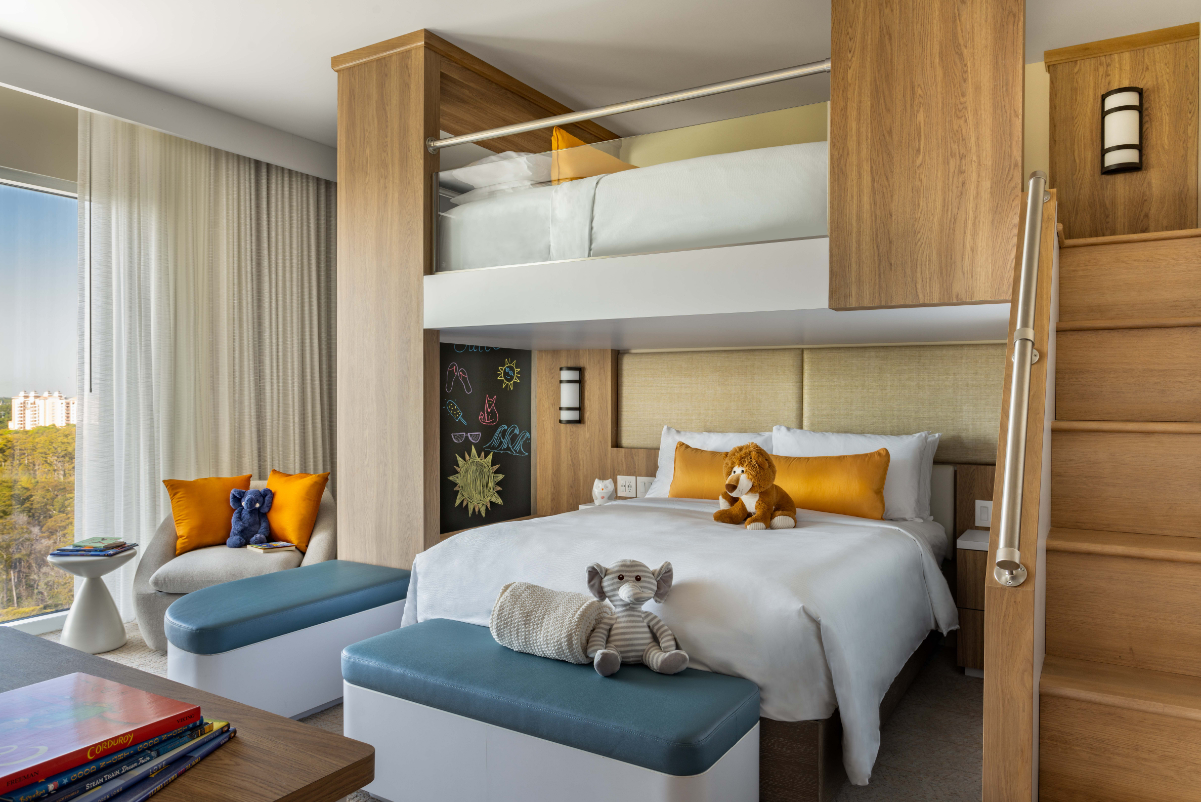Skift Take
Hotels in the U.S. may be hitting the peak of their pricing power. Owners and managers need to make sure that spiking costs for labor, construction, and supplies don't erode their financial recovery from the pandemic's depths.
Soaring hotel room rates are continuing to contribute to a spike in the U.S. cost of living, but the pace of price hikes is slowing.
Hotel rates rose 1 percent in May from April, a slower pace than the 2 percent jump between March and April and the 3.7 percent jump between February and March. The U.S. Bureau of Labor Statistics reported the seasonally adjusted percentage changes on Friday.
The backdrop remains broadly inflationary. The hotel sector has seen historic price jumps as a post-pandemic surge in demand collides with strained supply from hotels struggling to find and keep workers. Rates in May were 22.2 percent higher than a year earlier, though the annualized inflation rate has begun to decline. For comparison, hotels were running a 25.5 percent annualized inflation rate in November.
Hotels face surging costs as U.S. inflation hit a four-decade high, a Friday report showed. Overall U.S. inflation rose 8.6 percent over the last 12 months, not seasonally adjusted. That was higher than the 8.3 percent average expected by economists surveyed by The Wall Street Journal.
A year ago, many travel sector executives said that price hikes reflected mostly “good” inflation in the sense that the sector was commanding pricing power as it tried to recover from a disastrous pandemic.
But rising costs for labor, construction, and supplies risk impacting hotel company margins despite record levels of pricing and demand. As hotels staff up, labor costs may rise. Hotel employment is 18 percent beneath its pre-pandemic level, according to numbers released by the U.S. Labor Department earlier this month.
Booming Months Ahead
So far it doesn’t appear that inflation elsewhere in the U.S. economy is dampening travel demand.
“We have more than 30 years of data showing no correlation between rises in gas prices and demand for hotels,” said Amanda Hite, president of hotel data tracker STR, when speaking on Wednesday at the Boutique Hotel Investment Conference in New York.
More broadly, the people who tend to travel tend to have incomes better able to withstand early impacts from inflation. Middle-class and upper-class families tend to firewall their annual vacation spending, preferring to cut costs elsewhere instead.
“It’s an American birthright,” Hite said. “We all want an annual vacation. So we’re very positive that people will continue to want to travel.”
Have a confidential tip for Skift? Get in touch
Tags: future of lodging, hotels, inflation
Photo credit: A child-friendly room at the W Marriott Orlando Bonnet Creek Resort & Spa in Orlando, Florida. Source: Marriott International.
